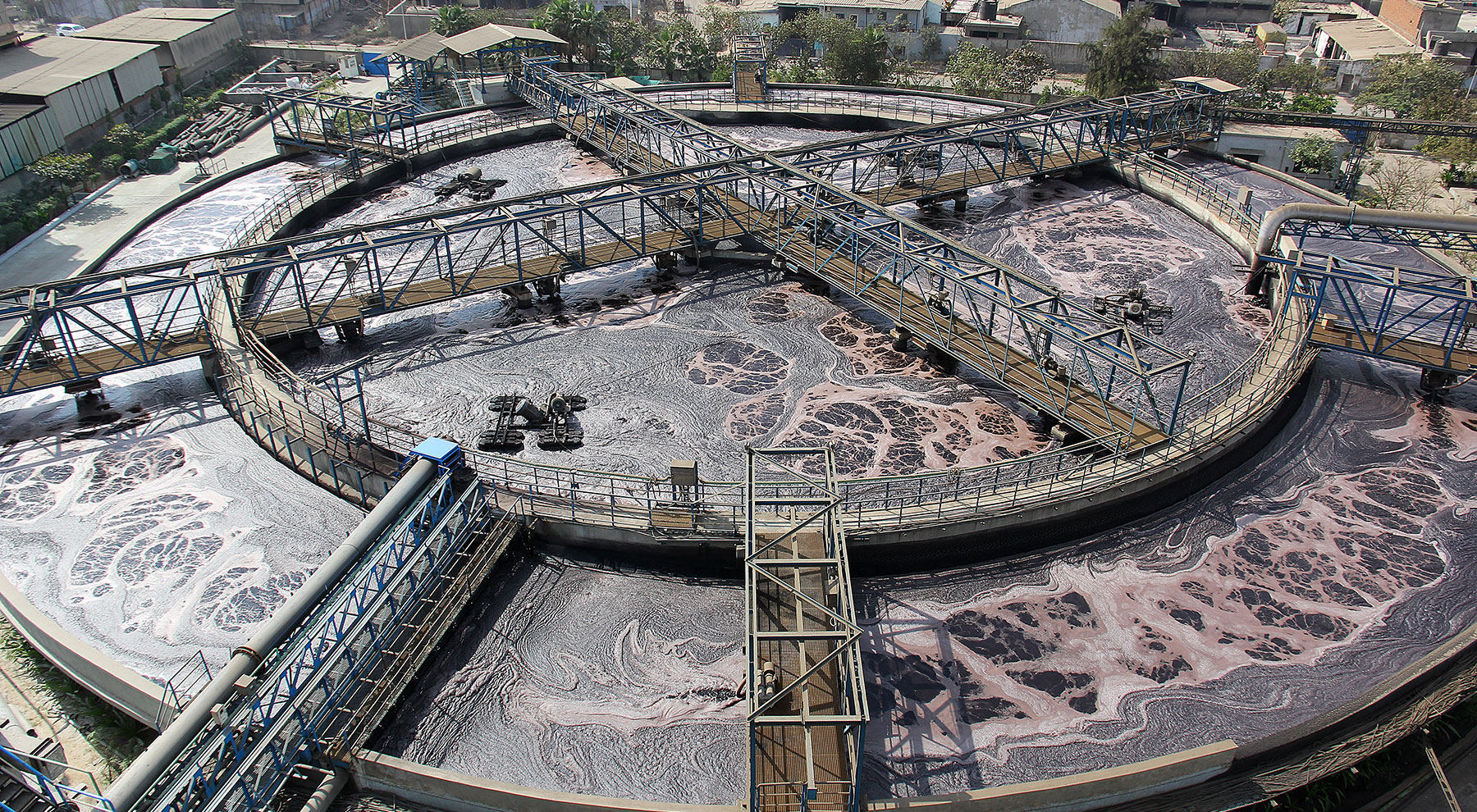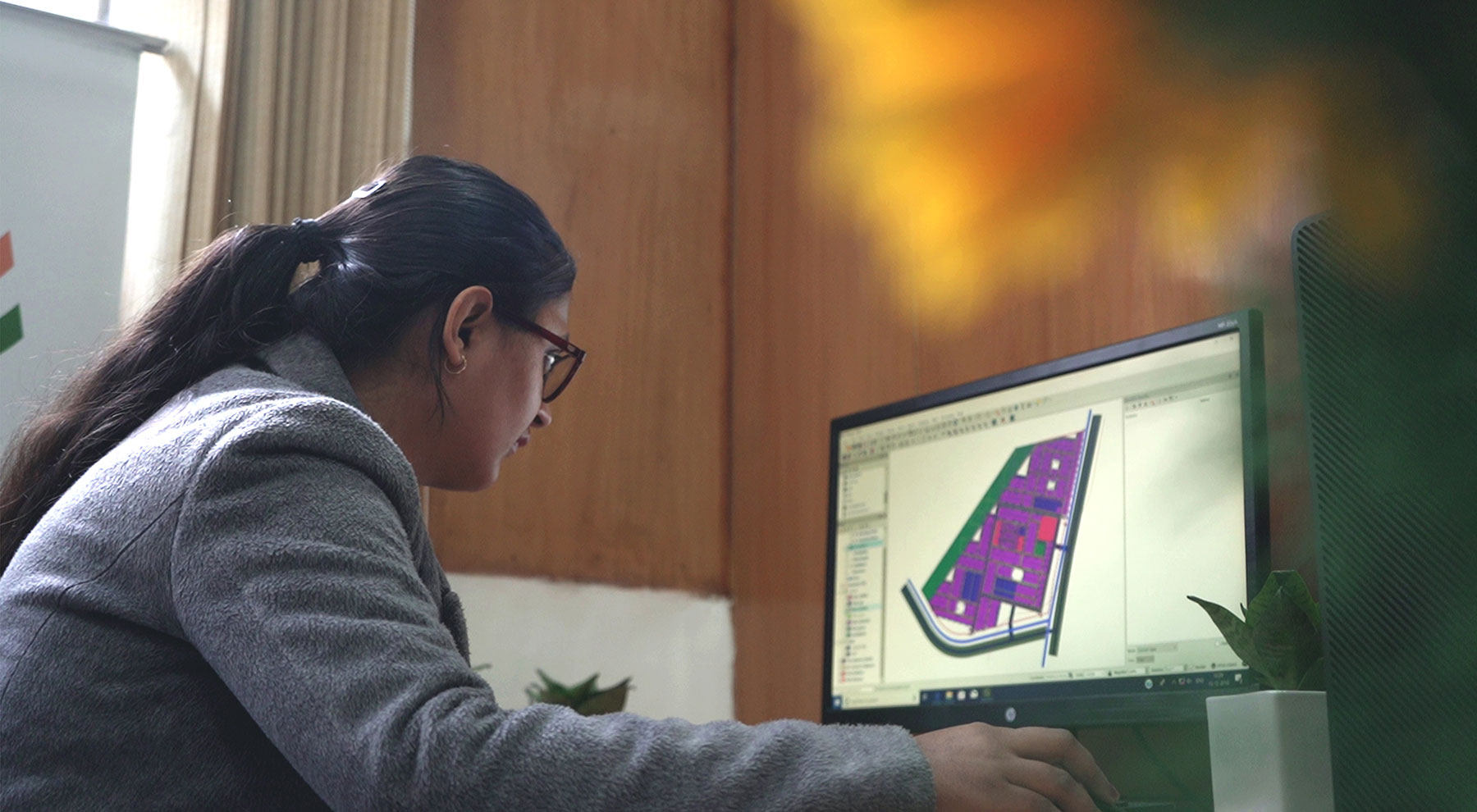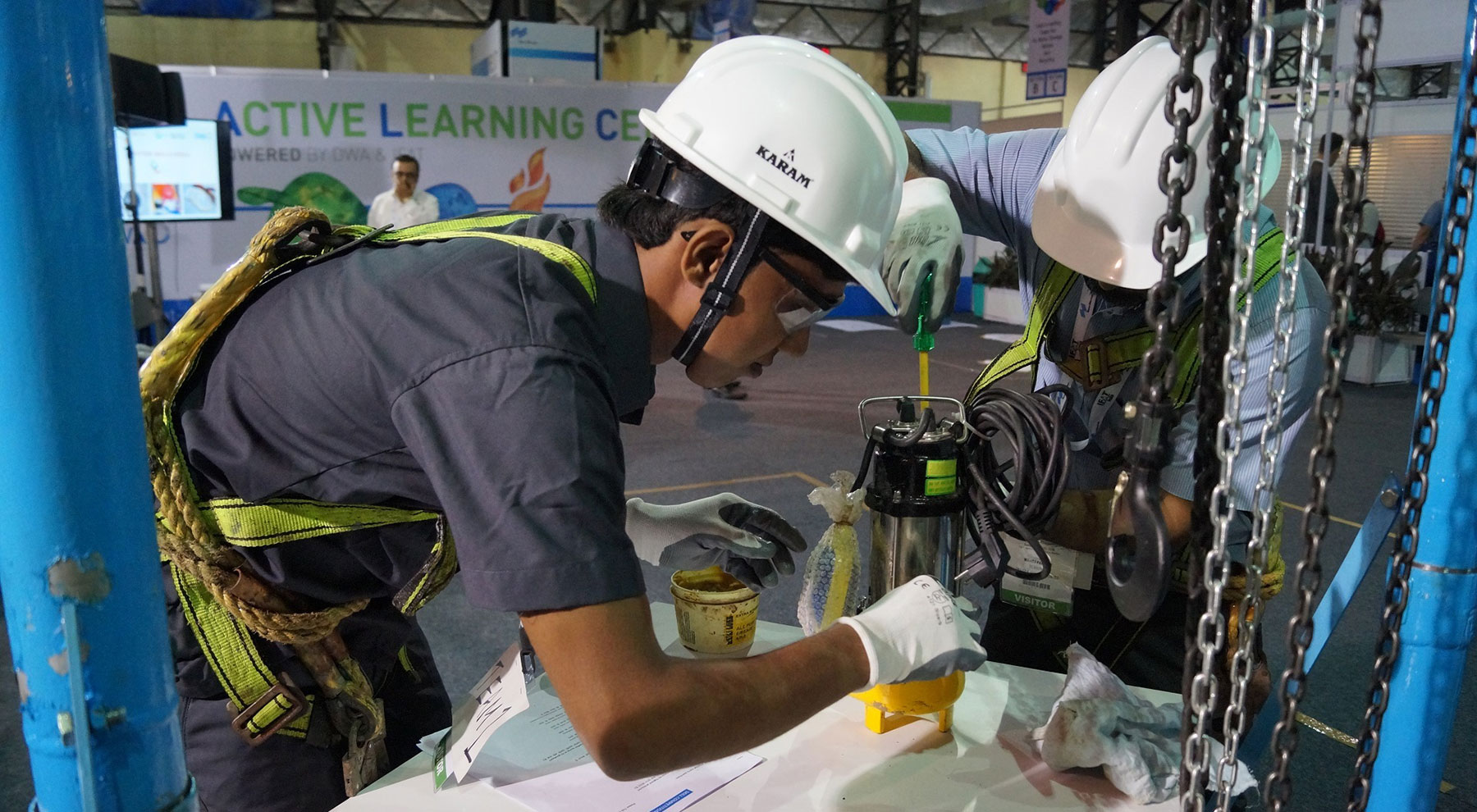Sustainable industrial development
Objectives
“Public agencies of the Indian government have strengthened their strategic and operational governance structures to effectively combat water pollution from industrial wastewater.”
The project works in close association with Ministry of Environment, Forest and Climate Change (MoEFCC) and Central Pollution Control Board (CPCB) as its main implementing partner in New Delhi. At the state level, the project is active in Uttarakhand, Bihar and West Bengal.
The primary partners at state level include:
- Uttarakhand Pollution Control Board (UKPCB)
- State Industrial Infrastructure Development Corporation of Uttarakhand Ltd. (SIIDCUL)
- Bihar State Pollution Control Board (BSPCB)
- Bihar Industrial Area Development Authority (BIADA)
- West Bengal Pollution Control Board (WBPCB)
- West Bengal Industrial Development Corporation (WBIDC)
Description
Growth in the industrial sector is one of the key aspects that affect the development of a country. The Indian government is aiming for industrial growth rates of 12% to 14% and has the vision of increasing the manufacturing industry’s contribution to the country’s gross domestic product to 25 % by 2025 and creating 100 million jobs. Unfortunately, industrialisation in India, has so far been environmentally incompatible, taking place at the expense of the environment and biodiversity. Every year, several billion tons of solid waste and hazardous waste are generated that are not properly treated and disposed of.
In this dynamic environment, a key challenge is to achieve economic growth that benefits all citizens and does not compromise the environment. The extent to which India’s growth can be made environmentally compatible will be of crucial importance for the country’s sustainable development and for the global climate.
Publications/Knowledge Products
Success story
COUNTRY
India
DURATION
01 March 2019 - 28 February 2023



